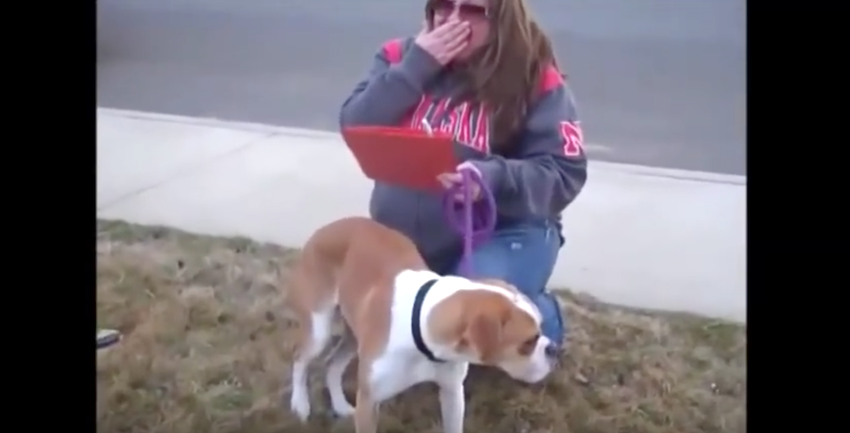MANHATTAN (KSNT) – A mystery canine illness has been spreading to multiple states. The Kansas State Veterinary Diagnostic Laboratory (KSVDL) is testing to determine if there is indeed a new disease.
Dogs stricken with the illness have symptoms of cough, nasal discharge, sneezing and lack of energy, according to the Los Angeles County Department of Public Health.
K-State Veterinary Health Center Clinical Professor Dr. Susan Nelson said KSVDL isn’t aware of any cases in Kansas yet but reports indicate cases may be as nearby as Colorado.
The number of animals impacted in Colorado is new, according to Maggie Baldwin, a state veterinarian with the Colorado Department of Agriculture. She estimates that the number of cases is twice the amount the state normally sees during such outbreaks.
“Timing of sample collection is important for these, as dogs can test negative depending upon the time of sampling; thus, making it appear that they don’t have any of the diseases for which they were tested, when in actuality, they do have one or more of them,” Nelson said. These are known as a false negative results, and one of the reasons why determining if we have a new disease or not is challenging.”
Nelson said the illness didn’t develop overnight and other labs are investigating to see if there is a new disease but nothing conclusive has been discovered. Since introducing new tests at K-State, the lab has received samples from various places but testing can take weeks so information isn’t available yet, according to Nelson.
“This is a state-of-the-art test that will identify all organisms in the sample; this will allow us to determine if there is a new organism that is associated with the test,“ K-State Veterinary Diagnostic Lab Director Gregg Hanzlicek said.
Canine respiratory diseases are airborne and spread by close contact, Nelson said. Licking, nuzzling, sneezing and coughing are all modes of transportation. Nelson also said some illnesses can be spread by hands, toys, water bowls and other contaminated items.
Nelson recommends vaccinating your dogs for respiratory diseases that have vaccines. The illnesses include canine distemper, canine adenovirus-2, canine parainfluenza, Bordetella and canine influenza (both strains). It is recommended to administer booster shots every six months for Bordetella and parainfluenza if your dog is in contact with other dogs.
“Unfortunately, the veterinary community does not know yet if there is a new mystery respiratory illness or not, but you can be sure that concerns about one are not being ignored, and that research is ongoing,” Nelson said. “For now, you should do what you feel is best for your pet about social distancing, and keep them up-to-date on their respiratory vaccines.”
To stay updated on the latest local news, click here to download the KSNT News app for IOS or Android.









